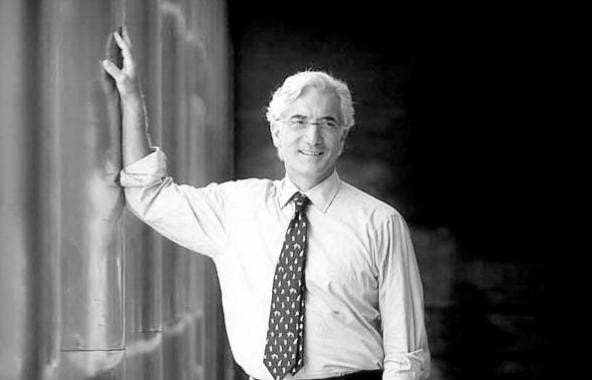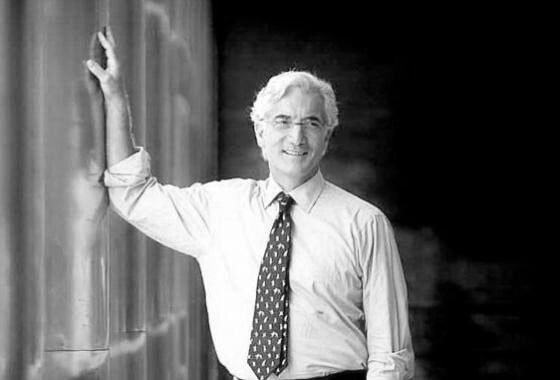

Environment
‘Impact Investing is coming to the mainstream’
“Impact investing is coming to the mainstream as society changes and demands to know not just what the financial returns are, but what the social and environmental impact is,” declared Sir Ronald Cohen, co-founder of Apax Partners and of Big Society Capital, at an event aimed at institutional investors.
Sir Ronald, considered the father of social capital investing in the UK, was speaking at the Cheyne Capital and Bridges Ventures Impact Investing event held at Simmons & Simmons on Friday 6th November in the City of London. He also pointed out that he believed we are at a seminal moment similar to the changes to the Prudent Man Rule that did so much to encourage traditional investors, such as pension funds, to diversify and utilise the alternative investment strategies of hedges funds and private equity.
In a room, filled to capacity, institutional investors heard from those who have already allocated capital to impact investments with the aim of targeting market-rate returns whilst generating positive societal impacts.
Society is changing in part as a response to cash-strapped governments across the developed world, which are withdrawing their capital funding from many social programmes and are being forced to focus on finding alternative and new solutions which will only pay for positive outcomes.
In the UK for example, the social housing sector has had £3 billion of annual grant funding recently removed. Funds such as Cheyne’s Social Property Impact Fund has the experience and capability to help plug that funding gap, not with debt but with equity financing.
The Cheyne Social Property Impact Fund, which has embedded making a social impact in the DNA of the fund, invests in real estate and property that services the needs of socially disadvantaged groups and has begun making apositive social contribution.
Shamez Alibhai, the portfolio manager of the Fund, said at the meeting: “We see that institutional investors already recognise that doing good in society does not mean a trade off against profitability.
“Almost three-quarters of those who invest in our fund are those investors who do not have an ‘impact bucket’ they have to allocate from, but are those who require a traditional financial market rate of return. The Cheyne Social Property Impact Fund provides them with that and also meets a social need and provides a social good.


 Features11 months ago
Features11 months agoEco-Friendly Cryptocurrencies: Sustainable Investment Choices

 Energy11 months ago
Energy11 months agoThe Growing Role of Solar Panels in Ireland’s Energy Future

 Energy10 months ago
Energy10 months agoGrowth of Solar Power in Dublin: A Sustainable Revolution

 Energy10 months ago
Energy10 months agoRenewable Energy Adoption Can Combat Climate Change




























